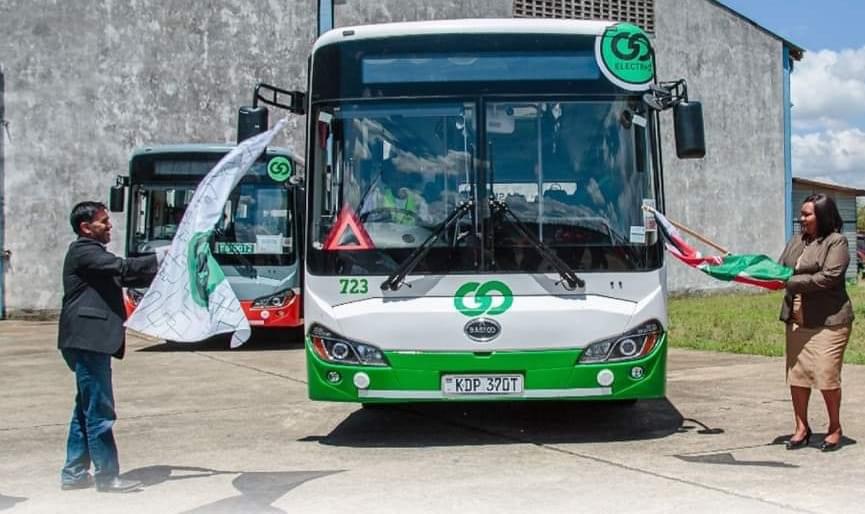Kenya’s first-ever electric car designed especially for the Rhino Charge, an annual off-road motorsport competition renowned for its rugged terrain and conservation objective, was unveiled by EV Explorers on April 30, 2025, making history. This marks the first time in the event’s 35-year history that a zero-emissions vehicle will compete, signaling a new chapter for clean transport in Kenya.
The Rhino Charge, organised by the Rhino Ark Charitable Trust, raises funds for conservation and has already contributed over $18.56 million to projects like electric fencing that protect communities from human-wildlife conflict. The electric vehicle, adorned in the colors of the Kenyan flag, was met with applause and excitement at its public reveal.
Richard Kiplagat, team leader of EV Explorers, stated, “We thought a zero-emission car was a great way to show what is possible and to bring some new excitement to our entry.”
Kenya accelerates EV transition through policy support
Kenya’s push toward electric mobility is supported by government policies, including a special e-mobility electricity tariff, a reduction in excise duty on electric vehicles from 20per cent to 10per cent, and an exemption from Value Added Tax for fully electric cars.
According to the Energy and Petroleum Regulatory Authority (EPRA), these measures are making electric vehicles more accessible and attractive for both businesses and individuals.
A coalition of organizations, such as Africa Practice, Base Titanium, KenGen, Safaricom, and the Lake Turkana Wind Power Project, backs the EV Explorers project.
Engineer Nick Foley, part of the EV Explorers team, explained, “Proving EV viability in rugged conditions could inspire further innovation in sustainable transport technologies.” Gloria Waswa, Deputy Executive Director of Rhino Ark, added that the electric entry “aligns with the Rhino Charge’s ethos of adaptation and innovation.”
This pioneering vehicle will make its competitive debut at the Rhino Charge on May 31, 2025. Its performance is hoped to encourage more teams to consider electric alternatives in future events.
















